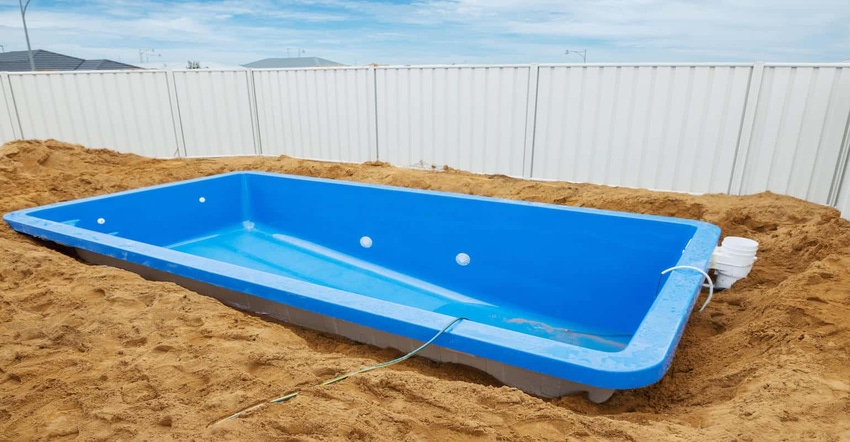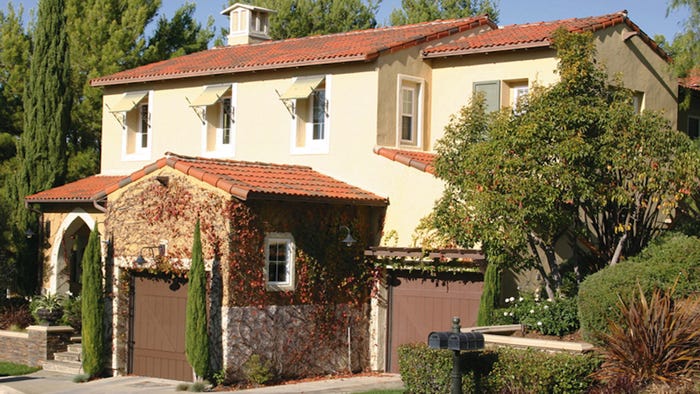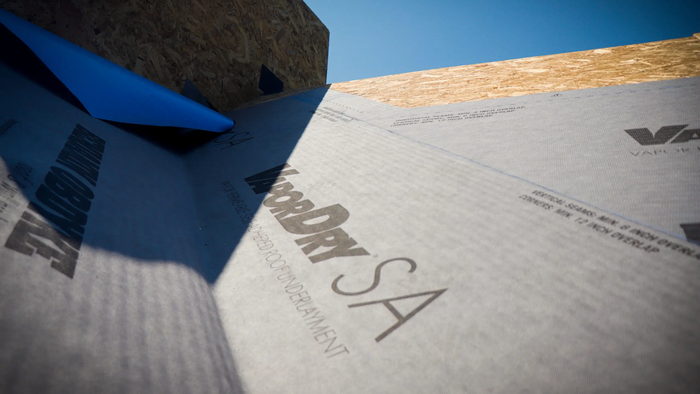Pros are getting creative in overcoming supply chain shortages. Here’s how they’re navigating the ins and outs of using alternative sourcing.
July 7, 2022

Supply chain issues and material shortages remain one of the most challenging hurdles to growth for pool and spa pros as they're in another busy summer season. But even if the products or equipment pros have always used may not be available, experts say there are workaround strategies.
Essentially it comes down to getting creative—and more flexible, say industry leaders. “They can change the way they do business,” explained Carecraft CEO Greg Howard in the Pool & Spa Professional Influencer Video Series. “If they have longstanding habits for how to treat water chemistry or how they approach repairs, they can use different products and different techniques.”

That’s exactly what Dan Lenz, VP of All Seasons Pools & Spas in the Chicago suburbs has done since he’s found it difficult to source the normal equipment he uses in his business. But Lenz has also found that simply specing a different product or piece of equipment isn’t as simple as it sounds.
For example, due to chlorine shortages, Lenz’s distributor only allowed him to get 40% of the poundage he got the previous year. So, to maintain the service side of his business Lenz had to go outside his normal distributor and track down other suppliers to get what he needed. “It’s a real rat race right now trying to stay ahead of the game,” he said. “I know a lot of people just aren’t able to get chlorine.”
When it comes to finding equipment that’s out of stock, Lenz said a good strategy he’s found is going to the commercial equivalent. That’s because while the residential pool business boomed during the pandemic, commercial businesses took a dive due to stay-at-home orders. As a result, many manufacturers still have ample commercial products available.
In one case, Lenz switched to the commercial version of the chemical controller he normally specs for residential pools. While that strategy has allowed him to keep his business moving, it’s not without drawbacks.
1. Commercial equipment is by and large more costly than residential equipment since it’s designed for heavier use on larger pools.
Lenz said the controller is as much as 17% more expensive. “But it’s the only thing we can get,” he said.
2. The commercial version isn’t a perfect match for the residential version he was using and lacks an acid tank.
So, Lenz had to find another product to make up for what was missing. “There are layers of costs that have just been added and added,” he said.
3. The changeouts have affected his crews who were familiar with using the standard residential equipment.
Lenz has had to do additional training and deal with more questions and challenges than before. For example, because the commercial equipment is generally larger than the residential, equipment pads have had to be made larger. “There are all these different things that come into play up and down the line relative to material shortages that are just a real headache,” he said.
But there is one bright spot about the shortages that Lenz is grateful for when it comes to the service side of the business. For years, he explained, the service sector has been “pounded and pounded” by the online sellers who often undercut prices pros pay from manufacturers. But due to the shortages, pros are back in the driver's seat when it comes to commanding the prices they want.
“The bottom line is if I have it and you want it, you’ll pay for it,” Lenz said.
About the Author(s)
You May Also Like




